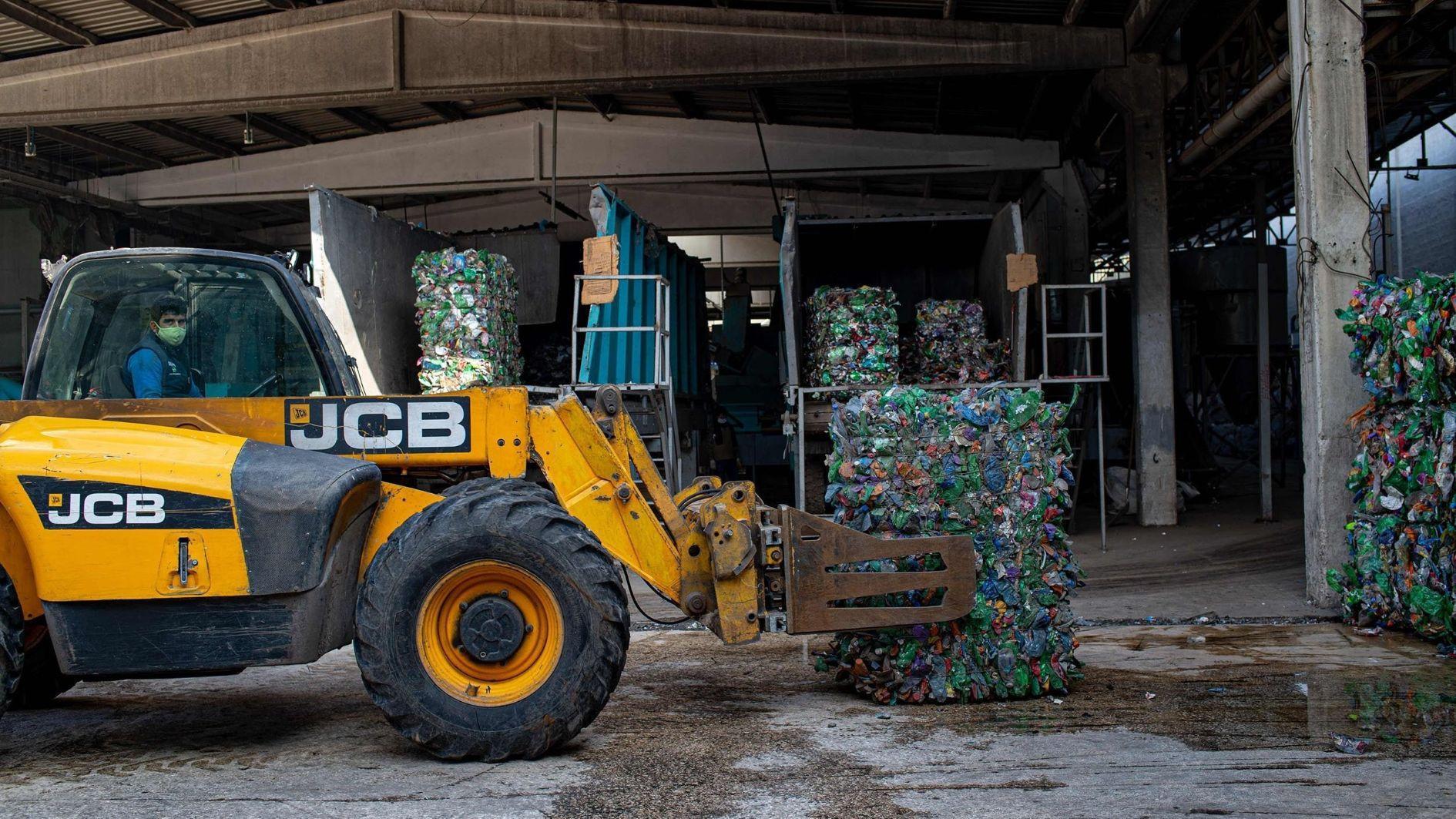
Türkiye is set to impose new restrictions on single-use plastic products as part of a broader strategy to tackle plastic waste, marine litter and microplastics.
Prepared by the Environment, Urbanization and Climate Change Ministry, the roadmap on single-use plastics, marine litter and microplastics outlines 44 short-, medium- and long-term actions.
All of these large-scale measures aim at reducing the consumption of disposable plastics and curbing plastic pollution.
Under the plan, a national plastic strategy and action plan will be introduced, alongside legislation restricting or banning specific single-use plastic items.
Extended producer responsibility schemes, which make producers financially accountable for waste management, will also be implemented for products such as packaging, wet wipes and tobacco items.
Special design requirements will be set for beverage containers and bottles.
The government also plans to promote reusable and refillable packaging, while improving drinking water facilities to reduce demand for single-use bottles in both rural and urban areas.
In a bid to curb microplastic pollution, products such as detergents, candles, polishes and air fresheners are set to come under scrutiny.
Authorities also consider banning cosmetics containing microbeads, including certain lip, nail and makeup products.
Studies show that by 2050, the weight of plastic in the oceans could surpass that of fish, with more than 80 percent of annual plastic waste entering the seas.
Such pollution affects over 700 marine species. According to studies, plastic debris has been found in the stomachs of about 90 percent of seabirds and 52 percent of sea turtles worldwide.
Building on these alarming figures, the roadmap also includes measures to encourage the collection and safe disposal of marine litter during fishing activities through a newly introduced program.
Officials also seek to foster public involvement with various initiatives such as “Adopt-a-Beach,” aimed at monitoring and managing waste along coastlines.